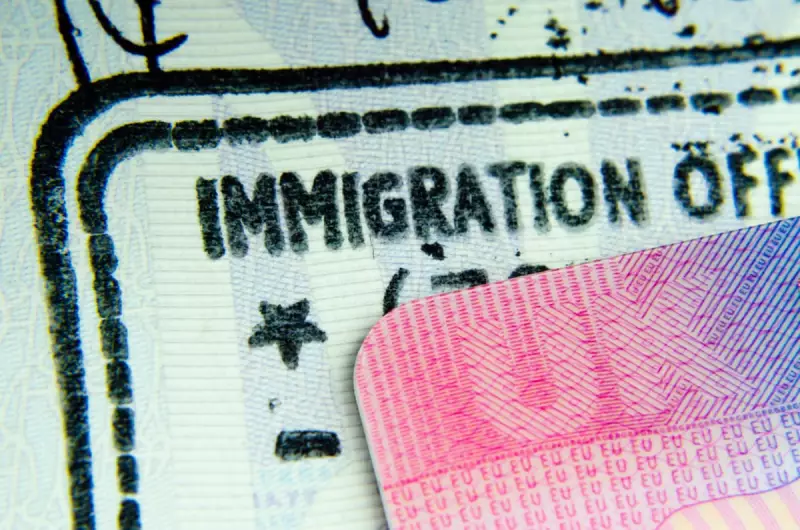
Labour's Controversial Asylum Overhaul
The Labour government faces mounting criticism over new asylum proposals that would force seekers to wait two decades before applying for British citizenship. Shadow Justice Secretary Shabana Mahmood unveiled plans requiring asylum seekers to undergo reviews every 30 months throughout this prolonged 20-year period, creating what critics describe as a permanent state of uncertainty.
Historical Parallels and Personal Anguish
The controversial policy evoked powerful historical comparisons from Guardian readers. One correspondent shared the story of their Hungarian aunt, a Red Cross nurse who found sanctuary in Britain in 1947 after being dismissed by Nazis in 1942 for aiding Jewish friends, then facing Soviet persecution in 1946 for helping 'class enemies'. After retraining, she became a health visitor and later lectured at the Polytechnic of North London, obtaining British citizenship in 1955.
Despite her contributions to British society, she maintained a profound sense of insecurity throughout her life, vividly demonstrated during a hospital stay in 2001 when, suffering from dementia, she repeatedly cried: 'I am a British citizen. You have no right to detain me. I have a British passport!'
Broader Implications and Expert Warnings
Critics argue the policy will create exactly this kind of lasting trauma for modern asylum seekers, including those with valuable skills Britain desperately needs. The proposal coincides with plans to weaken Britain's commitment to the European Convention on Human Rights, a move that prompted far-right activist Tommy Robinson to express triumph on social media platform X.
Stella Creasy MP warned these reforms could lead to ICE-style raids on British streets, while readers expressed concern about foreign residents feeling their status threatened and potentially taking their essential skills elsewhere. The government's additional proposal to seize jewellery from asylum seekers to cover processing costs drew comparisons to historical atrocities, with one reader questioning: 'What next: spectacles, boots, hair?'
The NHS, where approximately 30% of nursing staff and over a third of doctors are non-UK nationals, represents just one sector that could suffer from such policies. As one reader noted: 'We are daily enriched by, and should feel deeply indebted to, the many people of colour in this and other sectors of our society.'
Beyond humanitarian concerns, critics argue the government has succeeded in making Britain less attractive to immigrants - but at the cost of making the country less appealing for everyone else too, accelerating what one correspondent termed 'the great enshittification' of national life.





